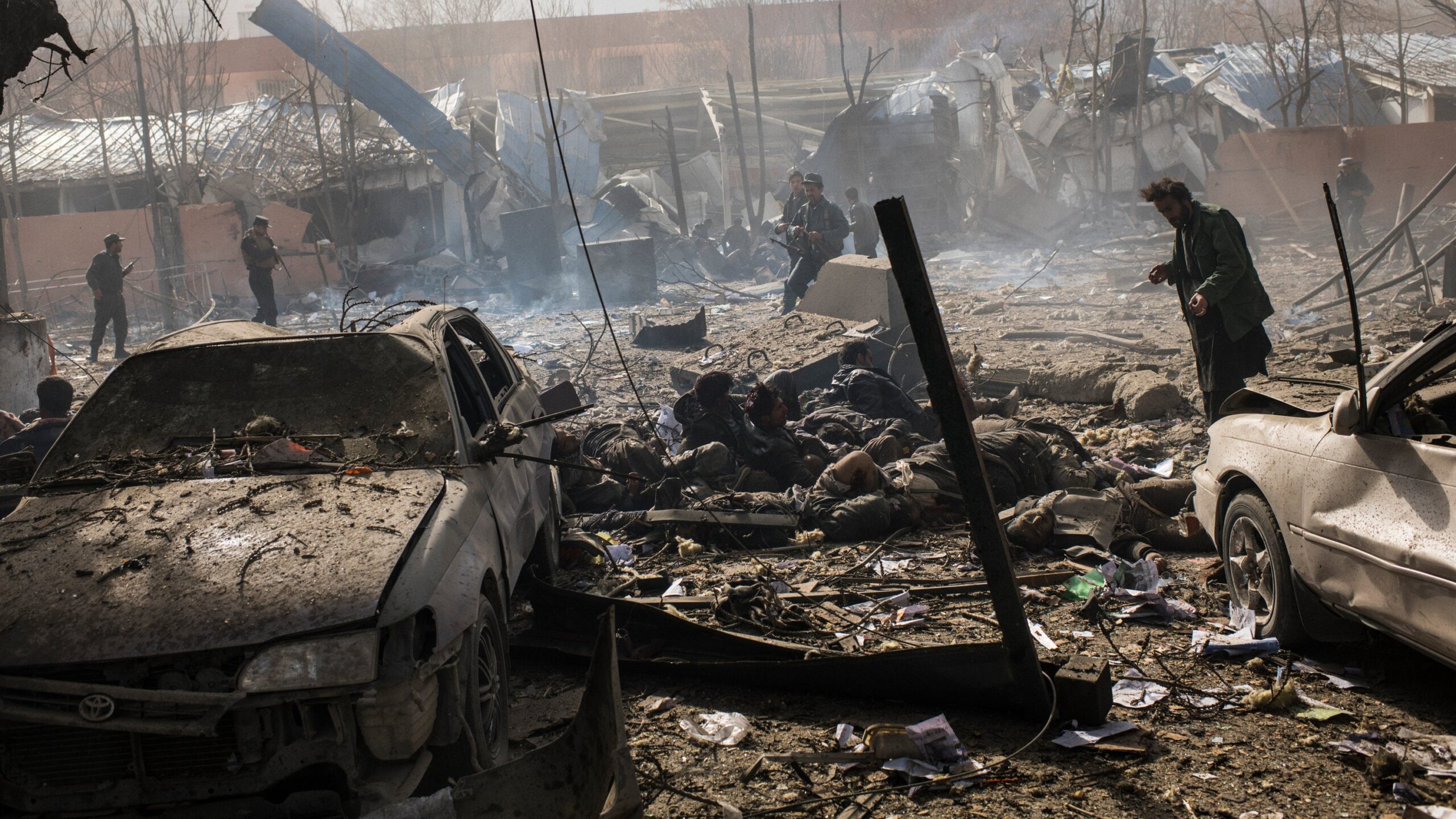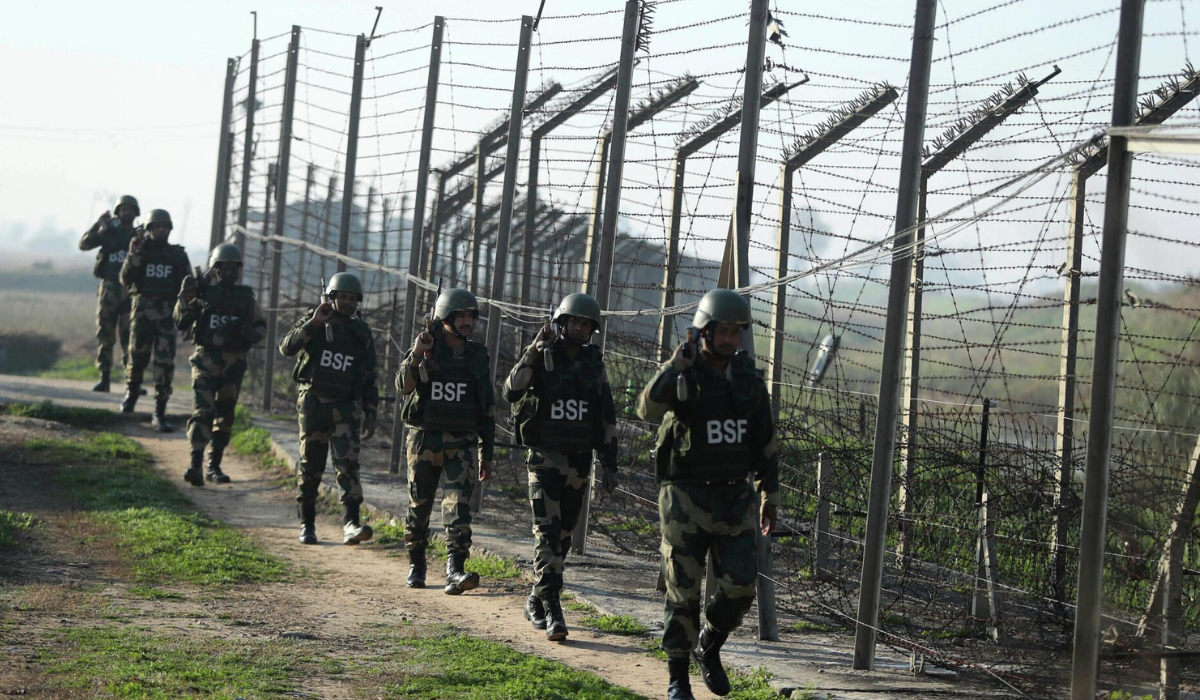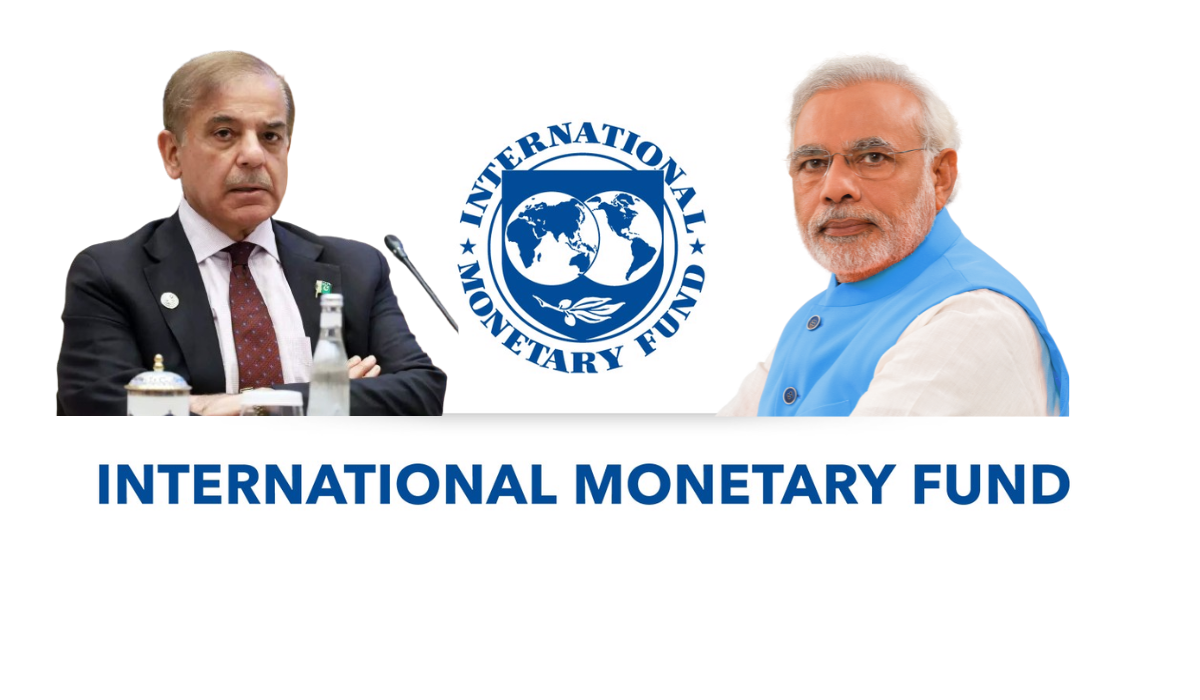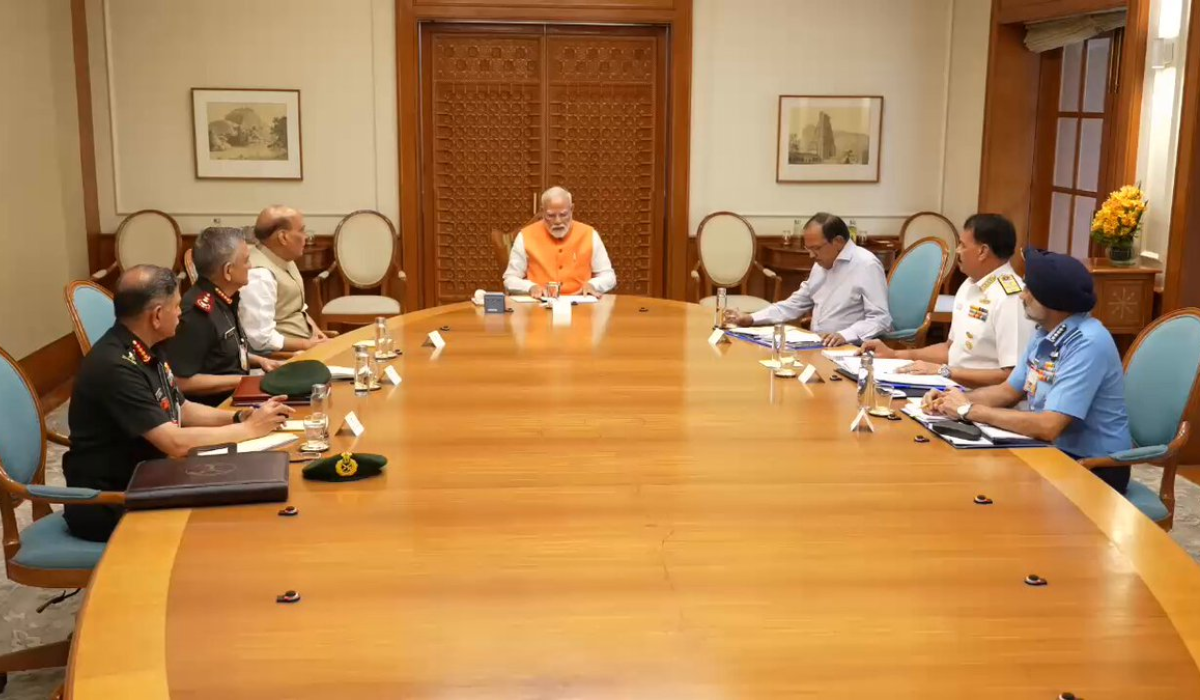In a dramatic turn of regional events, Pakistan reportedly carried out airstrikes inside kabul, Afghanistan, on the night of October 9 -10, 2025, allegedly targeting hideouts of the Tehrik-e-Taliban Pakistan (TTP).
The development coincided with Afghanistan’s Taliban Foreign Minister Amir Khan Muttaqi’s maiden official visit to India, marking a critical moment in South Asia’s volatile geopolitical landscape.
Background Context
- TTP Threat :– The Tehrik-e-Taliban Pakistan (TTP), an autlawed militant group, has intensified cross-border attacks from Afghan territory since the Taliban seized power in 2021.
- Recent Trigger :– On October 7, 2025, 11 Pakistani security peersonnel were killed in an ambush near the Afghanistan-Pakistan border, allegedly by TTP militants. This attack is believed to have prompted Pakistan’s military retaliation.
- Taliban Foreign Minister’s Visit to India :- Amir Khan Muttaqi, the Taliban’s Foreign Minister, traveled to New Delhi on October 8, 2025, marking his first official visit to India since the Taliban’s 2021 takeover. He traveled under a temporary UN sanctions waiver allowing him to engage in diplomatic dialogue.
The Airstrike Incident
- Timming and Location :- Late on October 9, multiple explosions were reported across Kabul, notebly near Abdul Haq Square and adjoining areas. Afghan residents confirmed hearing low-flying aircraft and blasts, followed by a rapid response from Taliban security forces.
- Target :– The strikes reportedly aimed to eliminate TTP chief Noor Wali Mehsud though his status remains unconfirmed.
- Official Reaction :– The Taliban government acknowledged explosions and announced an investigation but did not officially confirm Pakistan’s involvement. Pakistan’s Inter-Services Public Relations (ISPR) later stated counter-terror operations were ongoing “in response to cross-border militant attacks,” but avoided direct mention of strikes inside Afghanistan.
Strategic Significance
( a ) For Pakistan
- The strikes represent retaliatory action for rising TTP attacks.
- Pakistan aims to send a message to both Kabul and India, it will ac unilaterally to protect its interests.
- It also reasserts Islamabad’s regional influence, particularly as Afghanistan engages diplomatically with India.
( b ) For Afghanistan (Taliban Government)
- The incident highlights the Taliban’s struggle to control militant groups on its soil.
- The timing- during their Foreign Minister’s India visit – undermines Kabul’s diplomatic credibility.
- It may force the Taliban to choose between maintaining ties with Pakistan or pursuing new regional relationships.
( c ) For India
- India is carefully navigation navigating limited engagement with the Taliban without formal recognition.
- Muttaq’s visit signal India’s intent to expand humanitarian and trade dialogue with Afghanistan.
- The Pakistani strikes could push Afghanistan closer to India, at least diplomatically, if Kabul perceives Pakistan’s as a sovereignty violation.
Regional and Diplomatic Fallout
a. Afghanistan-Pakistan Relations
- Relations could deteriorate sharply if Kabul confirms Pakistani involvement.
- Kabul may issue diplomatic protests or mobilize along the border to signal defiance.
- Past prcecdents (2022 & 2023) airstrikes in Kunar and Khost) show similar cycles of retaliation and denial.
b. India- Afghanistan Relations
- India gains a diplomatic opening as the Taliban seeks diversified partenerships.
- If Kabul perceives Islamabad as aggressive, India’s soft power and humanitarian outreach (educatoin, aid, trade ) could strengthen.
c. Regional Power Reactions
- China and Russia are likely to urge restraint, prioritizing stability.
- The U.S. may quietly support Pakistan’s counter-terror operations but discourage escalation.
- Gulf states may mediate between Islamabad and Kabul if tensions worsen.






